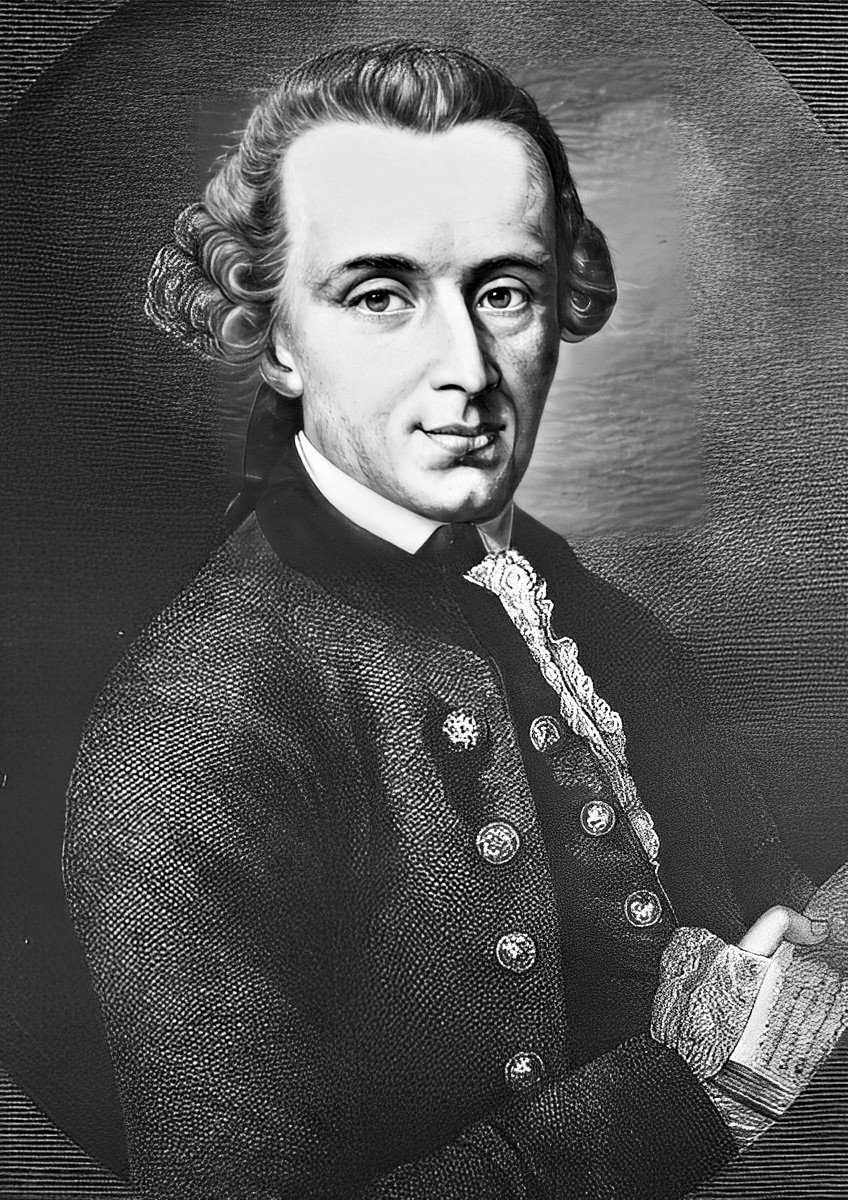Immanuel Kant (1724 - 1804) lived a peculiar and rigid life. He never left his home town of Konigsberg (now Kalingrad, Russia), and his daily routines were characterised by an austere rigidity and an almost Spartan discipline. His neighbours would famously set their clocks by watching him pass by their windows on his daily walk.
Kant’s epistemology begins with the proposition that whenever our senses come into contact with reality, they are “filtered” or “categorised” through our unconscious “bodily apparatus”. The bodily appartus is the faculty of our mind which automatically imposes a number of constraints on the sense-data to form the percepts we are then conscious of. These “categories” include: causality, quantity, space, time and existence, among several others. This, Kant holds, implies that we cannot know a “thing as it is in itself”, only how it appears to us after passing through a complex mental apparatus. Thus, Kant differentiates the “noumenal” world from the “phenomenal” world. We will discuss how he uses this distinction to reconcile free will with the determinism inherent in science, and how he develops his ethics - namely, the categorical imperative - on this basis.
The following week, we cover Objectivism - a philosophical system completely at odds with both skepticism, as seen in Kant, and mysticism, as seen in Plato and medieval philosophy.
